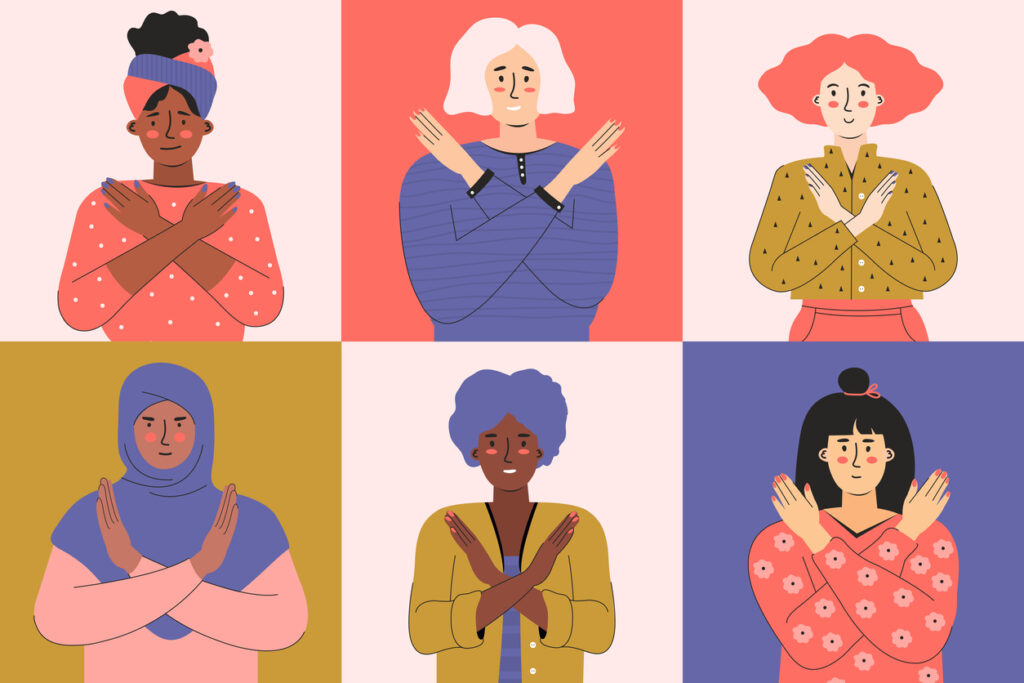I am left-handed, a woman, a father, a volunteer, a professional speaker, a Capricorn, the first ever transgender National President of The Round Table ‘men’s club’, a Sainsbury’s shopper and so the list goes on. Many of these you might say are somewhat juxtaposing which is exactly why as labels they just don’t mean much.
When we have too much data we want to group and simplify the world around us into bite-sized chunks
But as humans, we love to label and fit people into categories as it helps our brains work more efficiently, by categorising and storing memories to be able to recall and react quickly. When we have too much data we want to group and simplify the world around us into bite-size manageable chunks – so we create labels which is where unconscious biases come into play.
Why do we love labels so much?
How we identify and how this influences our own experience, as well as how the world interacts with us and is a strong influencer of assumptions, discrimination, conflict, inclusion and divisions. Our age, race, class, ethnicity, gender, sexual orientation, and socioeconomic factors are statistician-loving labels for starters.
We are all unique and different comprising a vast number of individual characteristics and lived experiences, so labels don’t give us the whole story. Someone with a disability could range from someone with a neurodiverse condition to someone who is severely physically disabled.
Clearly, someone with dyspraxia is not the same as someone who cannot walk no matter how debilitating they both can be. We can apply the same thought process to the LGBTQ+ community. The challenges and needs of a gay man differ from those of a transgender woman.
Offer opportunities far and wide and let workers use their experience and abilities based on their rich uniqueness
Whilst black, brown, women, those with a disability, or LGBTQ+ can all be marginalised and underrepresented, each individual will not have the same experience as the next. Here are four ways that HR can better consider the needs of their diverse workforce, and avoid the trap of unconscious bias.
1. Move away from a ‘one-size-fits-all’ mentality
Stop wanting people to fit a certain mould and to come from ‘our tribe’. The more tribes the better.
2. Labels and statistics mask the talents of the underrepresented
Offer opportunities far and wide and let workers seize the day and use their experience and abilities based on their rich uniqueness.
3. Regularly review the culture of the organisation
This ensures that it is working in alignment with the values of the business and people. Don’t make assumptions and let bias get the better of you
4. Find out what is really going on for workers
If we do this, we can then start to understand and put systems and processes in place to address specific inequities for individuals.
If HR can model these behaviours, this inclusive approach will become part of the culture in the organisation
Beat the bias once and for all
If HR can model these behaviours, this inclusive approach will become part of the culture in the organisation and hopefully bring balance, diversity – and interest – to the workplace, as well as promote engagement and wellbeing for employees.
It is time to drop the labels and understand people’s individual challenges and identities, and not lump everyone together for the benefit of simplicity or producing statistics. Labels are for supermarkets, not for people.











